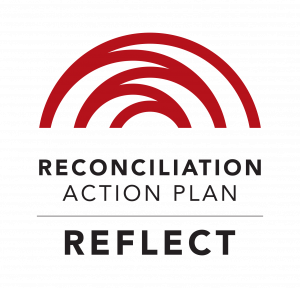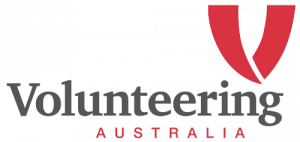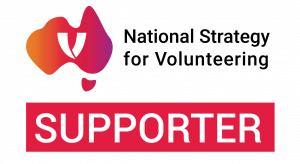As the COVID-19 situation continues to evolve, each passing day brings new developments and our top priority remains the health and safety of you, our members, stakeholders, colleagues and volunteers.
We recognize how stressful this particular situation is, and we share your concerns. In keeping with the Department of Health and Human Services guidelines, we will continue to follow the advice issued by the government with regard to the Coronavirus.
Leading volunteers during COVID-19
Volunteers who are already engaged with your organization remain a vital resource as you navigate these unusual circumstances and, as such, deserve some thoughtful strategizing around how to leverage their skills while also protecting them physically, mentally, and emotionally. Consider the following:
Prioritise your organisation’s staff, volunteers, constituents and community
Set up additional washing stations, encourage social distancing, and set up systems for staff and volunteers to work remotely where possible to reduce the spread of disease.
Adjust volunteer and staff training
Postpone training and leverage online training options. Offer your volunteers opportunities for online convening – this is a great way to keep volunteers’ skills up!
Determine which volunteer positions are crucial to your current state of operations
Support your volunteers in working remotely wherever possible in the ways that staff are increasingly being encouraged to work remotely.
Plan for a volunteer workforce shortage
- Survey volunteers to determine their availability: currently; if schools were to close; and if quarantined (only if remote volunteering is possible.
- For volunteers who have high availability: ask if they would be willing to increase their ability to do any online volunteering (if possible)
- Track responses: keep a database and anticipate availability in certain situations
- Work with organisational leaders to prioritise programming/services that are delivered by volunteers.
What do volunteers need in times of crisis?
During times of stress, stakeholders find the following three leadership traits particularly helpful and are asking these questions subconsciously to assess their presence:
- Consistency: Do you show up the same way you did last time? Do the messages you share represent a logical narrative? Do they align with the organization’s proclaimed values?
- Transparency: Do you say what you mean? Do you speak the truth, even when it’s unpopular? Do you admit mistakes, even if it’s uncomfortable?
- Predictability: Is it clear where and when leaders will take action or, if more information is forthcoming, communicate the next steps? Is everyone kept in the loop about what happens next, even if it’s just an update on status?





